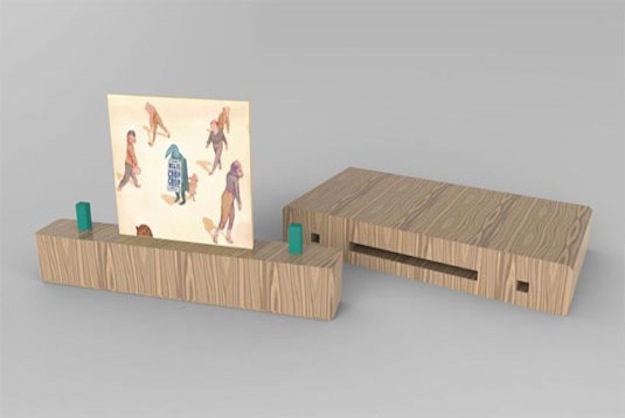NCsoft is taking a new approach to one of its more popular games, the MMO title Wildstar. Rather than going with the usual approach for free-to-play and leaning heavily on microtransactions, there’s a new model in mind here.
Talking with Gamesindustry International, NCsoft’s Jeremy Gaffney explained, “Business models are a very polarizing thing. Some people love this model or hate that model, but if you look on forums you’ll see that people hate models a lot more than they love ’em. They’ve been burned before. They know the downside way more than they know the upside.”
With this new system, NCsoft is looking to take the best elements from subscriptions and micro-transactions and mesh them together into one well-operating system. “There’s two major options to play,” he said. “One is super simple: buy a box, and pay a subscription. There’s a class of player that likes that, because they know how much they’re paying, they know the playing field is level, and they can expect big updates. That’s the joy of the subscription model.”
The game will still provide an opportunity to play Wildstar for free, though that hasn’t been fleshed out just yet. Players will be able to earn C.R.E.D.D., or virtual tokens, either through real purchase or trading up with others at the ‘Commodities Exchange.’
“The job we have to do right is to make sure that gold enters the economy properly,” Gaffney said. “Not in an abusive fashion, not with exploits. The second thing is to make sure that there’s fun ways for gold to be spent… We have a couple of ways that gold enters and leaves the economy that aren’t normal with other games, so it’s going to make C.R.E.D.D. feel quite different to systems in other games. But I freely admit that we have to do our job well on that. If not, then people will opt to pay for a subscription instead.”
Source: GamesIndustry International


